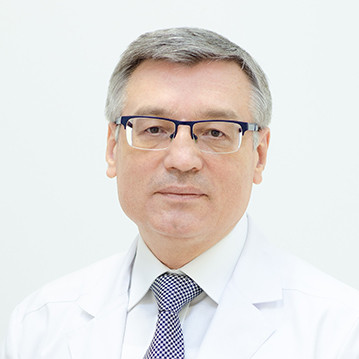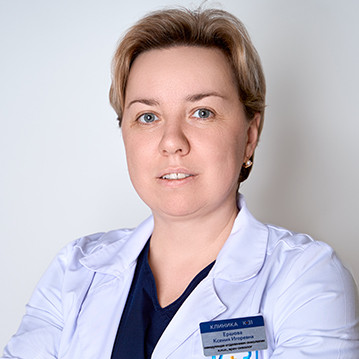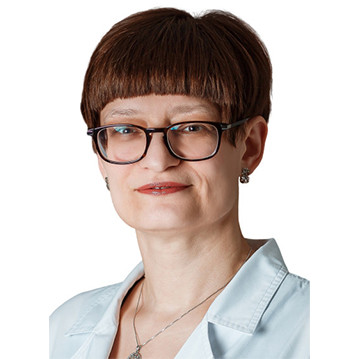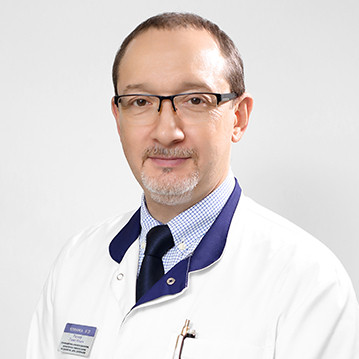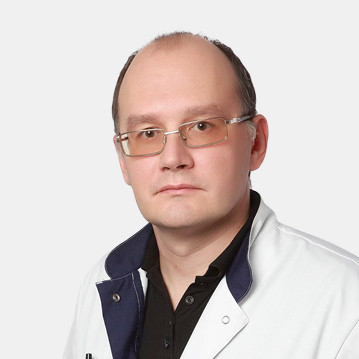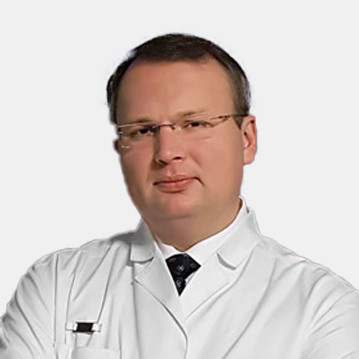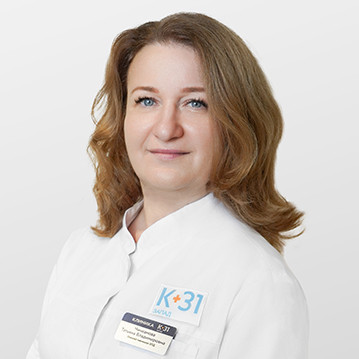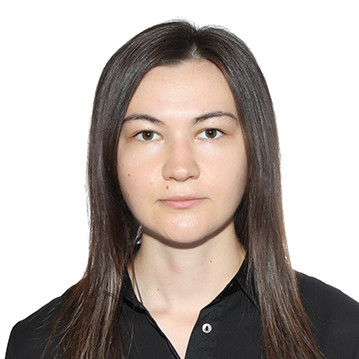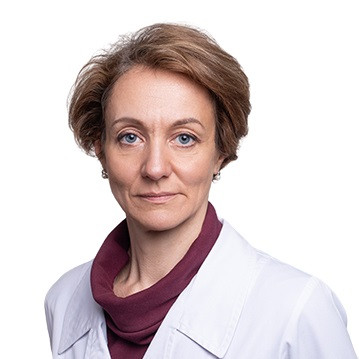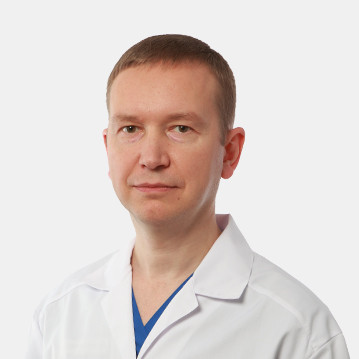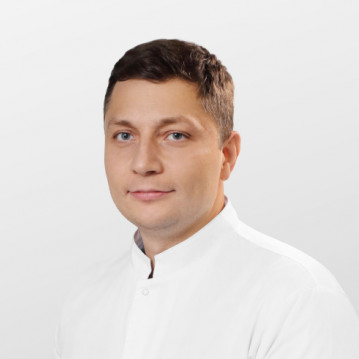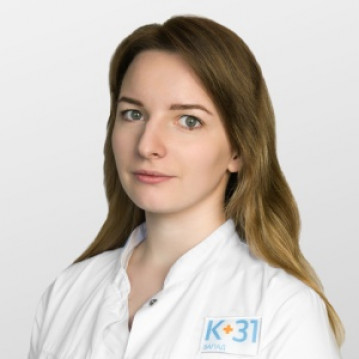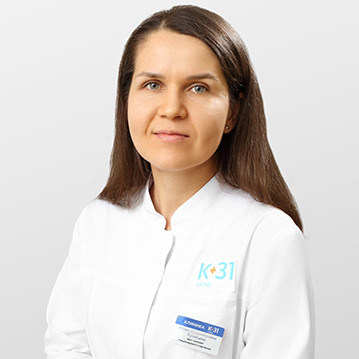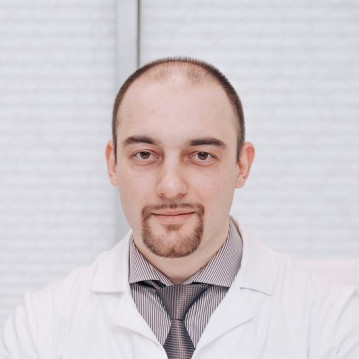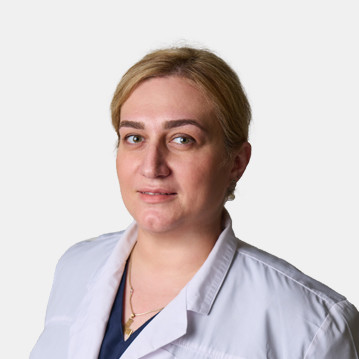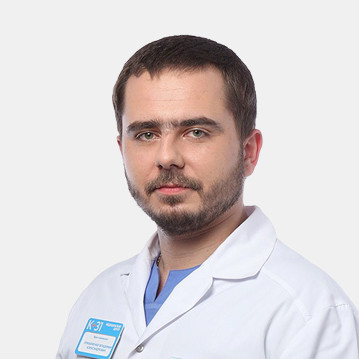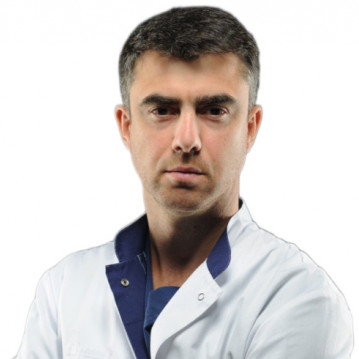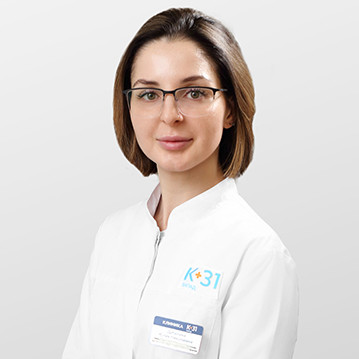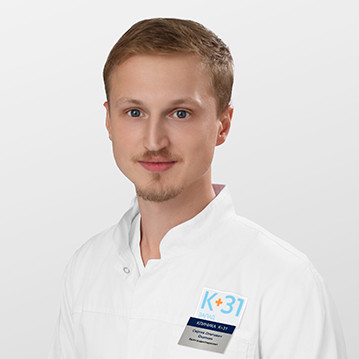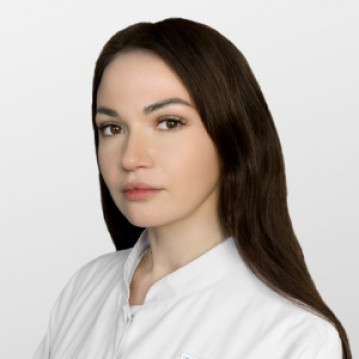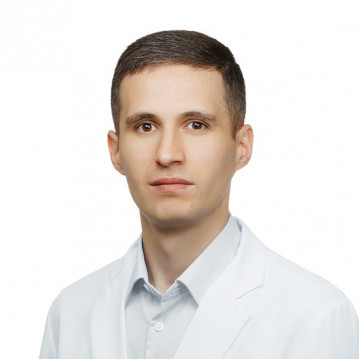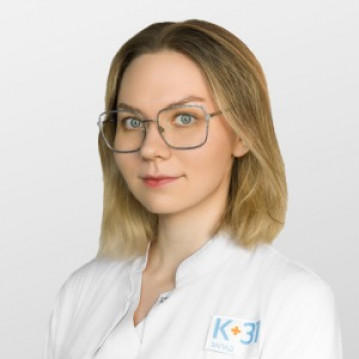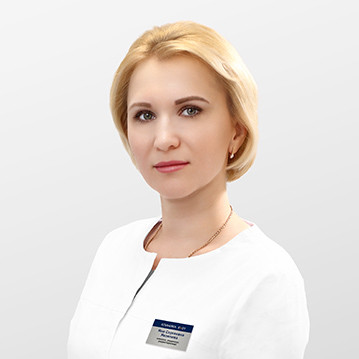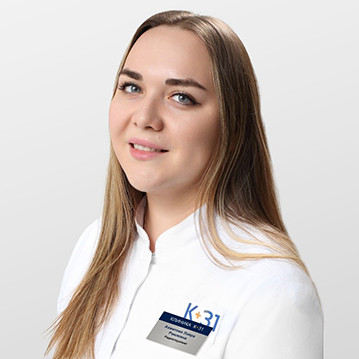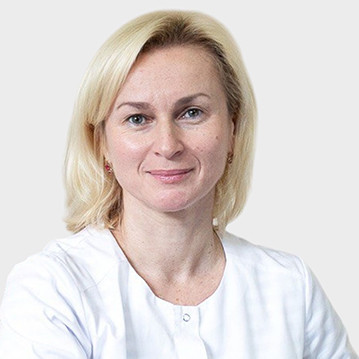
PET-CT is an innovative method for diagnosing cancer, which allows you to identify a benign or malignant tumor at an early stage, to clarify its size and determine the area of growth. The procedure combines the principles of positron emission and computed tomography. Such a diagnosis in most cases is much more effective than ultrasound, x-ray or MRI.
PET-CT with 18F-fluorodeoxyglucose
Various radiopharmaceuticals are used to detect malignant tumor cells in the body. The most effective of them today is considered 18F-fluorodeoxyglucose. It is prepared immediately before the diagnostic procedure, taking into account the characteristics of the patient's body.
Benefits of using PET-CT in the diagnosis of cancer
An accurate assessment of the extent of tumor tissue damage is very important for the subsequent development of a treatment regimen. PET-CT is also prescribed for patients who have undergone chemotherapy or radiotherapy. With its help, you can monitor the effectiveness of the therapy, see how the tumor has changed over time, whether new foci or relapses have appeared.
Among the other benefits of using PET-CT:
- identification of cancerous tumors at a stage when the symptoms of the disease have not even begun to manifest;
- the procedure is performed on an outpatient basis, without the need for surgical intervention;
- the diagnosis is safe for health, there is no pain;
- It is possible to obtain comprehensive information about the general condition of the body and the spread of the tumor.
The essence of PET-CT diagnostics is to determine the metabolic rate of cells, which allows you to visualize even the smallest tumors, with a diameter of only 4-5 mm.
Indications for appointment
PET-CT is performed to:
- identifying the original foci of the tumor and possible metastases in other parts of the body;
- assessment of the results of ongoing or already completed therapy;
- planning a strategy for further treatment;
- determining the general stage of tumor growth;
- differentiation of neoplasms.
In our clinic, we assign PET-CT to patients with a previously diagnosed or suspected malignancy of the skeleton, pancreatic cancer, melanoma. Such a diagnosis is indispensable for cancer of the thyroid and pancreas, lungs, ovaries, gastrointestinal tract, soft tissue sarcoma, etc.
Important! The examination itself takes no more than an hour. But, it may take additional time to prepare the patient for the procedure, paperwork, rest after diagnosis, etc.
